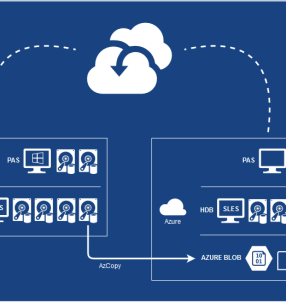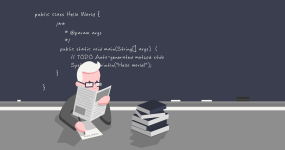Personal food computers (PFCs) developed by the Open Agricultural Initiative in MIT’s Media Lab and sent to Syrian refugee camps in Amman, Jordan have been revealed to be nonfunctional, according to an article published by IEEE Spectrum.
The machines had been delivered to the United Nations World Food Programme which planned to give the computers to Syrian refugees in the Azraq camp within the Jordanian desert.
According to IEEE Spectrum, the PFCs were “an enclosed chamber the size of a dorm-room refrigerator loaded with LEDs, sensors, pumps, fans, control electronics and a hydroponic tray for growing plants. PFCs are programmed to control light, humidity, and other parameters within the chamber to create the perfect conditions for growing a variety of plants.”
The system, developed with open source software and hardware, was set to revolutionize the lives of the refugees and allow those using the gardens to pull recipes and growing ideas off of the web.
The only problem was that the devices didn’t work.
After the World Food Programme project was completed without the machines producing a successful growth cycle, it was revealed that the PFCs never even made it to the Azraq camp. They ended up in Jordan’s National Center for Agricultural Research and Extension. The Center is located in Mafraq, a town an hour’s drive away from Azraq.

Unreliable wifi added to the PFC’s woes, as the systems were being monitored remotely from Utah and had to be rebooted at every power outage. Algae formed in tanks. Doors warped from moisture and temperature changes. Fenome, the start-up tech created by Caleb Harper, the device’s inventor, to service the PFCs began to announce layoffs, which made maintaining the machines difficult.
Harper took the machine to multiple conferences and performed multiple talks, showing off plants that had been allegedly grown within the PFCs, which may have now been grown in other methods and with other devices.
MIT is now investigating OpenAg, the company created to distribute the PFCs, under allegations that staff demonstrated the food computers’ viability by showing off plants that had not been grown in the devices.
Dr. Babak Babakinejad caught problems within the PFC system and reported them to OpenAg, he said that Harper had reported “implementations of image processing, microbiome dosing, creating different climates and collecting credible data from bots across the world that are not true.”
In addition, Babakinejad wrote, “He [Harper] takes credit for deployment of PFC’s to schools and internationally including a refugee camp in Amman despite the fact that they have never been validated, tested for functionality and up to now we could never make it work i.e. to grow anything consistently, for an experiment beyond prototyping stage.”
[“source=newsweek”]
| M | T | W | T | F | S | S |
|---|---|---|---|---|---|---|
| 1 | 2 | 3 | 4 | 5 | 6 | 7 |
| 8 | 9 | 10 | 11 | 12 | 13 | 14 |
| 15 | 16 | 17 | 18 | 19 | 20 | 21 |
| 22 | 23 | 24 | 25 | 26 | 27 | 28 |
| 29 | 30 | |||||























